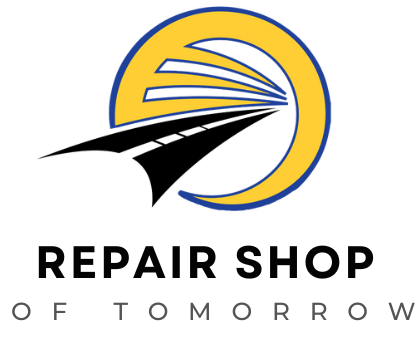The COVID-19 pandemic has profoundly influenced consumer behavior across industries, including the auto repair sector. On the heels of the crisis, repair shop owners and technicians need to understand the implications of post-COVID consumerism. This blog explores how consumer habits have shifted and how the auto repair industry can adapt to meet the evolving needs and expectations of customers.
A shift in Transportation Patterns:
The pandemic has led to a significant transformation in transportation patterns. Public health concerns and a desire for personal safety have prompted consumers to rely more on personal vehicles rather than public transportation. Repair shops are witnessing increased demand for maintenance, repairs, and inspections as a result. Adapting to this change by offering flexible scheduling options, efficient service delivery, and reliable turnaround times can help repair shops meet the evolving transportation needs of consumers.
Heightened Focus on Health and Safety:
Health and safety have become paramount considerations for consumers in a post-COVID world. Repair shops must prioritize implementing comprehensive health and safety measures to ensure the well-being of both customers and staff. This includes maintaining strict cleanliness and hygiene protocols, regularly disinfecting high-touch surfaces, providing hand sanitizing stations, and promoting social distancing. Demonstrating a commitment to maintaining a safe environment will enhance customer trust and encourage them to choose your repair shop.
Embracing Digital Transformation:
The pandemic has accelerated the adoption of digital technologies across various industries, including the auto repair sector. Repair shops must adapt to this digital transformation to meet the expectations of post-COVID consumers. Creating a user-friendly website, enabling online appointment scheduling, offering contactless payment options, and leveraging digital communication channels is essential. Embracing technology enhances customer convenience, streamlines operations, and improves overall efficiency.
Communication and Transparency:
During times of uncertainty, effective communication and transparency become critical for repair shops. Post-COVID consumers seek clear and honest information regarding services, pricing, and timelines. Repair shops should provide transparent estimates, communicate the repair process clearly, and keep customers informed about the progress of their vehicle repairs. Strong communication builds trust and fosters long-lasting relationships with customers.
Value and Affordability:
The pandemic has had a significant economic impact, making consumers more conscious of their spending. Repair shops should focus on delivering value and affordability to their customers. This can include offering competitive pricing, providing transparent breakdowns of costs, and highlighting the long-term benefits of repairs. Demonstrating the value and reliability of your services will help customers feel confident about investing in repairs.
Convenience and Customer Experience:
Convenience has always been a key factor in customer satisfaction, and it remains crucial in the post-COVID era. Repair shops should prioritize convenience by offering services that align with changing customer needs. This could include alternative transportation options, mobile repair services, or pick-up and drop-off facilities. By providing a seamless and hassle-free customer experience, repair shops can differentiate themselves in the market and build customer loyalty.
Post-COVID consumerism has reshaped the auto repair industry, necessitating adaptability and responsiveness from repair shop owners and technicians. By understanding and addressing customers’ changing needs and expectations, repair shops can thrive in the evolving landscape. Adapting to shifts in transportation patterns, prioritizing health and safety, embracing digital transformation, fostering transparent communication, providing value and affordability, and enhancing convenience will position repair shops for success in the post-pandemic world. By staying agile and customer-focused, repair shops can build trust, maintain strong relationships, and ensure long-term sustainability.

